Listen to the Five-Part Audio Series Now
Dirt, Place, Ancestry & The Making Of Culture From The New World
On Sale Til Sunday, November 23rd at Midnight Pacific

With
Stephen Jenkinson &Kimberly Ann Johnson

Dirt, Place, Ancestry & The Making of Culture from the New World
On Sale Til Sunday, November 23rd at Midnight Pacific

With
Stephen Jenkinson &Kimberly Ann Johnson
Listen to the Five-Part Audio Series Now
Never Land / Sever Land
Dirt, Place, Ancestry & The Making of Culture from the New World
On Sale Til Sunday, November 23rd at Midnight Pacific
Listen to the Five-Part Audio Series Now

With
Stephen Jenkinson &Kimberly Ann Johnson
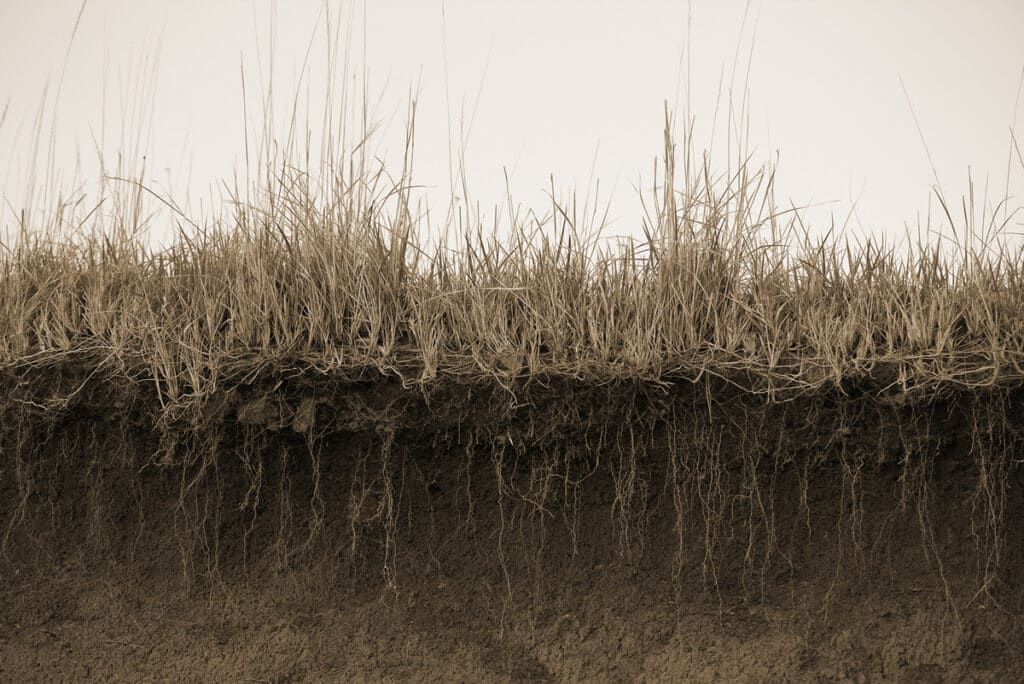
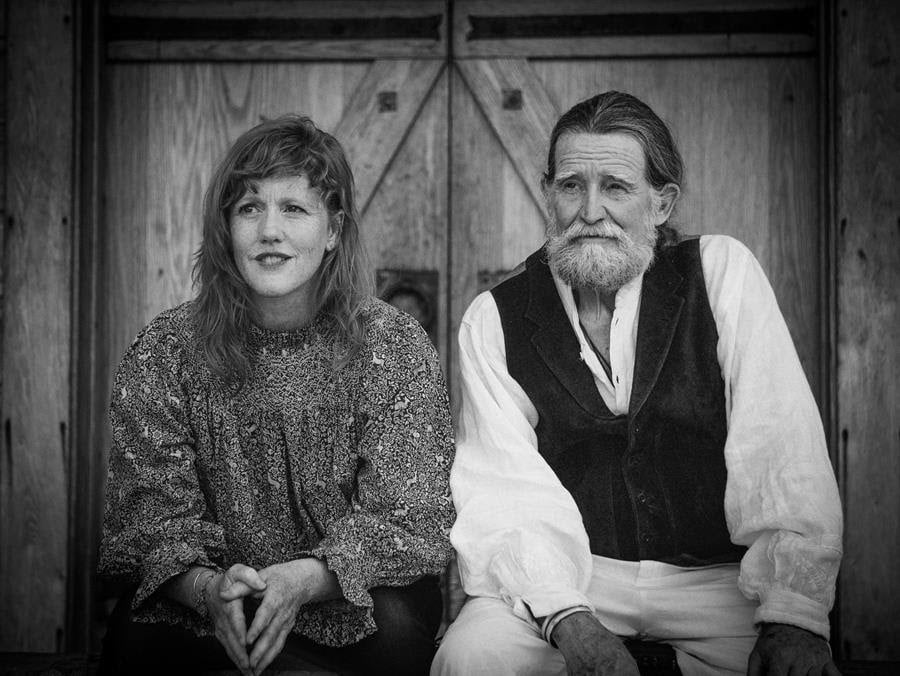
Where do I belong?
To whom do I belong?
Where do I have a right to be?
What do I owe my ancestors and the ancestors of the land I live on?
Never Land / Sever Land is a five-part audio series with Stephen Jenkinson and Kimberly Ann Johnson, originally recorded with a live studio audience.
These unscripted, emergent encounters are rooted in Stephen’s work Never Land: Agriculture, Culture, and the Striving for Belonging.*
There is ritual to be had and found in these in-depth conversations.
The sessions are now available to stream or download at your own pace.
*This project originated from a residency at the Pari Center in Tuscany in Spring 2023.
Where do I belong?
To whom do I belong?
Where do I have a right to be?
What do I owe my ancestors and the ancestors of the land I live on?
Never Land / Sever Land is a five-part audio series with Stephen Jenkinson and Kimberly Ann Johnson, originally recorded with a live studio audience.
These unscripted, emergent encounters are rooted in Stephen’s work Never Land: Agriculture, Culture, and the Striving for Belonging.*
There is ritual to be had and found in these in-depth conversations.
The sessions are now available to stream or download at your own pace.
*This project originated from a residency at the Pari Center in Tuscany in Spring 2023.

"The dirt will outlast
our sorrow
about the dirt."
The Experience
5 Live Sunday Sessions
October 20th – November 17th
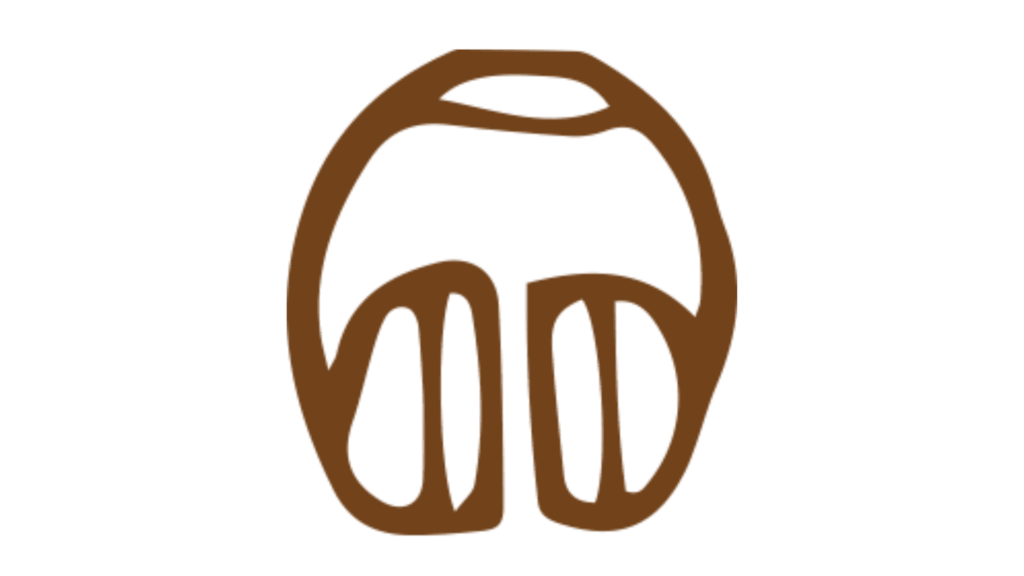
Listen
Listen to a live 5-part audio series originally recorded with a live studio audience
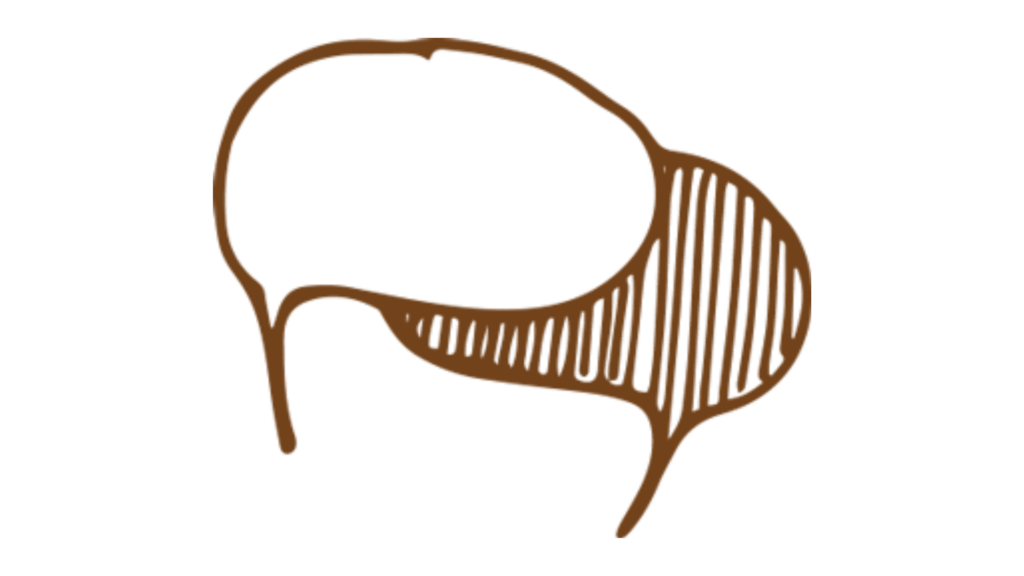
Community
Join a private Facebook group to discuss & connect with others who have listened to the Never Land / Sever Land series
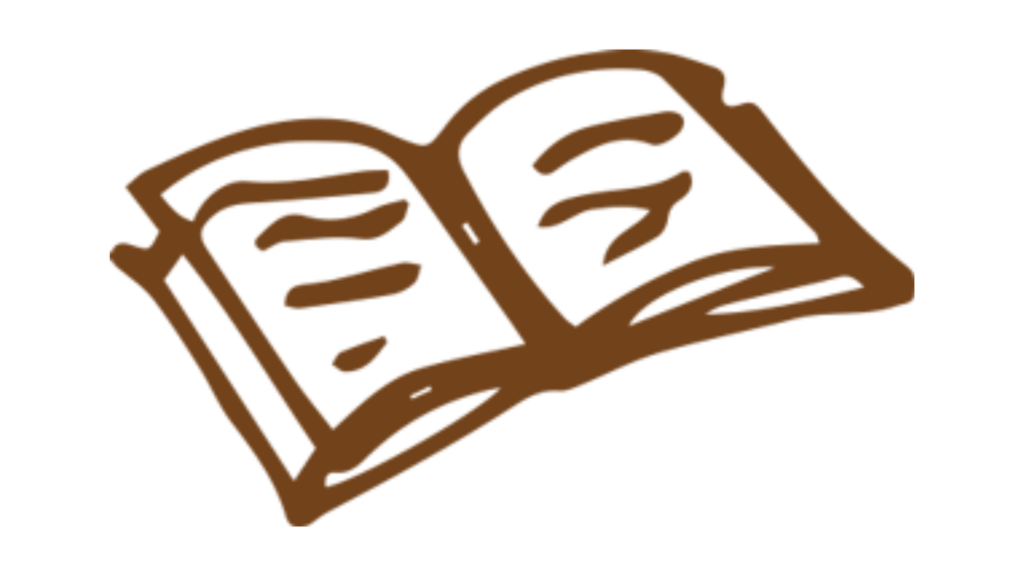
Book Preview
Pages from the
work-in-progress manuscript of Never Land: Agriculture, Culture & the Striving for Belonging
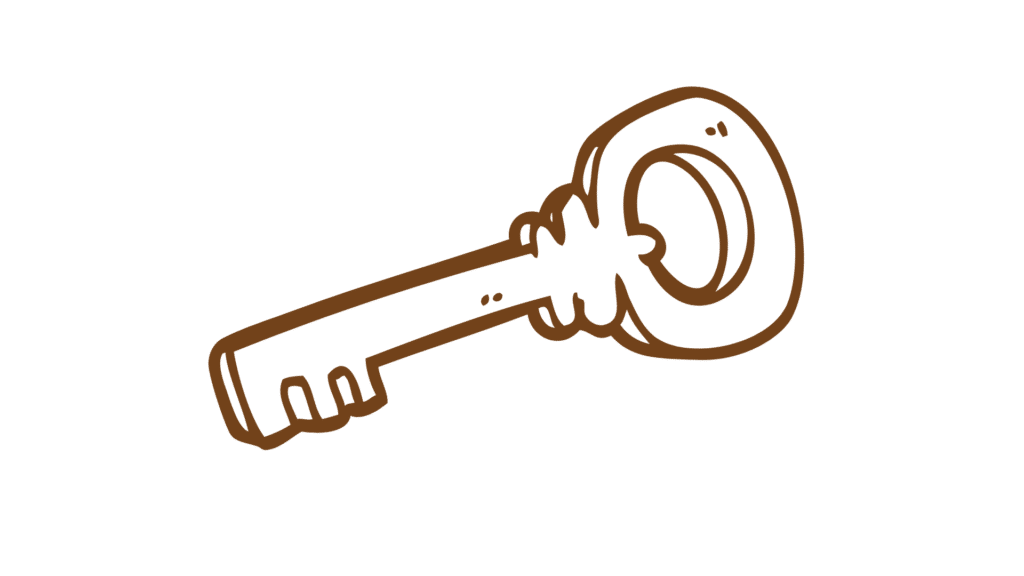
Explore
Suggested resources and readings to deepen your understanding
"The sad imperative of homeless people
is to never land.”
who is this for?
- Environmental and human rights activists
- Culture workers
- Community Leaders
- Rites of Passage guides
- People interested in alternative economic systems to late stage capitalism
- People with the dream of living on a small farm in community
- Storytellers
for those interested in...
- Decolonization work
- Regenerative farming, Homesteading, Permaculture
- Food Sovereignty
- Land Protection & Reclamation
- Domestication & the Wild
- The Impact of Tourism
- Indigeneity + Animism
- Intergenerational Wisdom
- Folklore and Mythology
- Ancestral Culture and the Old Ways
“I wish grounded meant what it means- to be less and less a stranger to the place you call home.”
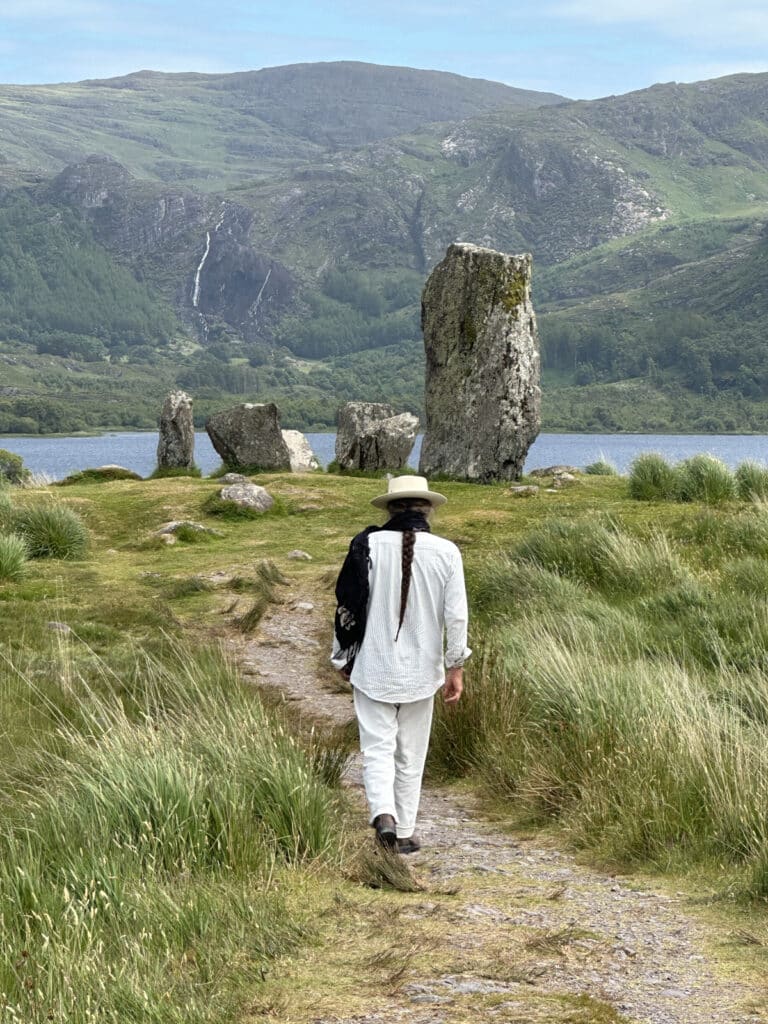
We are children of strange times…
Our birthmarks are both troubled and troubling. We do not, most of us, belong. We inhabit, we own, instead. Being in the world but not of it: that was once a foundation of Western spirituality. It will end up being a stain by which we will be held in disrepute.
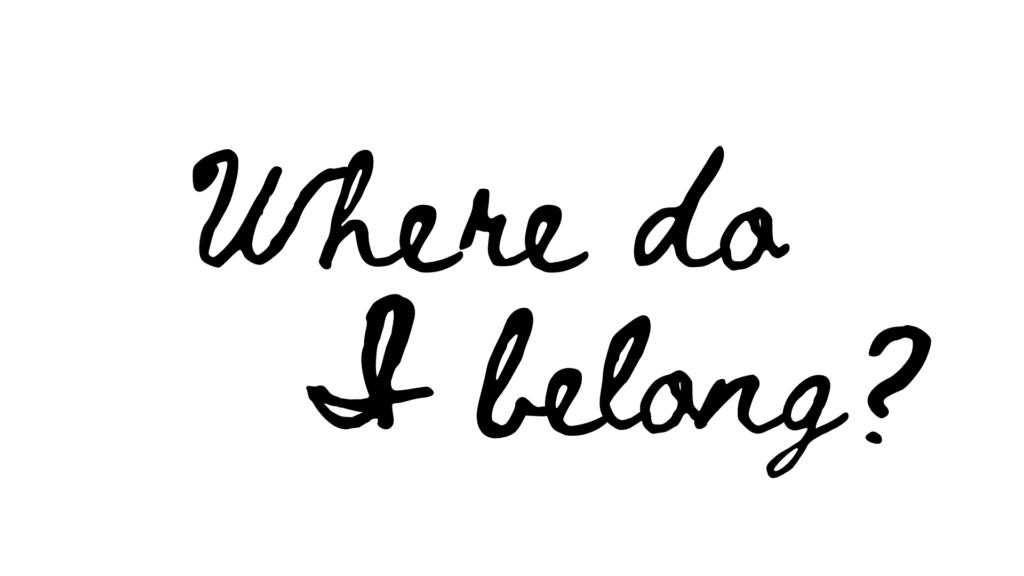
What I’m not doing with these stories is holding up undifferentiated ‘native culture’ as the specimen of cultural aplomb. There is no such thing, so far as I can tell, as ‘native culture’, no more than there’s such a thing as ‘African culture’ or ‘white culture’.
These terms are simply too broad to encapsulate the complexity of the people and their histories. In spite of hundreds of years of coordinated and happenstance ethnocide, there are native cultures, though. Not as many as there once were, almost certainly, but here in their scores nonetheless.
What I am doing is marveling in a grievous way over the demonstrable and, frankly, near-miraculous capacity of these cultures to adapt and somehow to nurse a living memory of a time before us… (continued below)
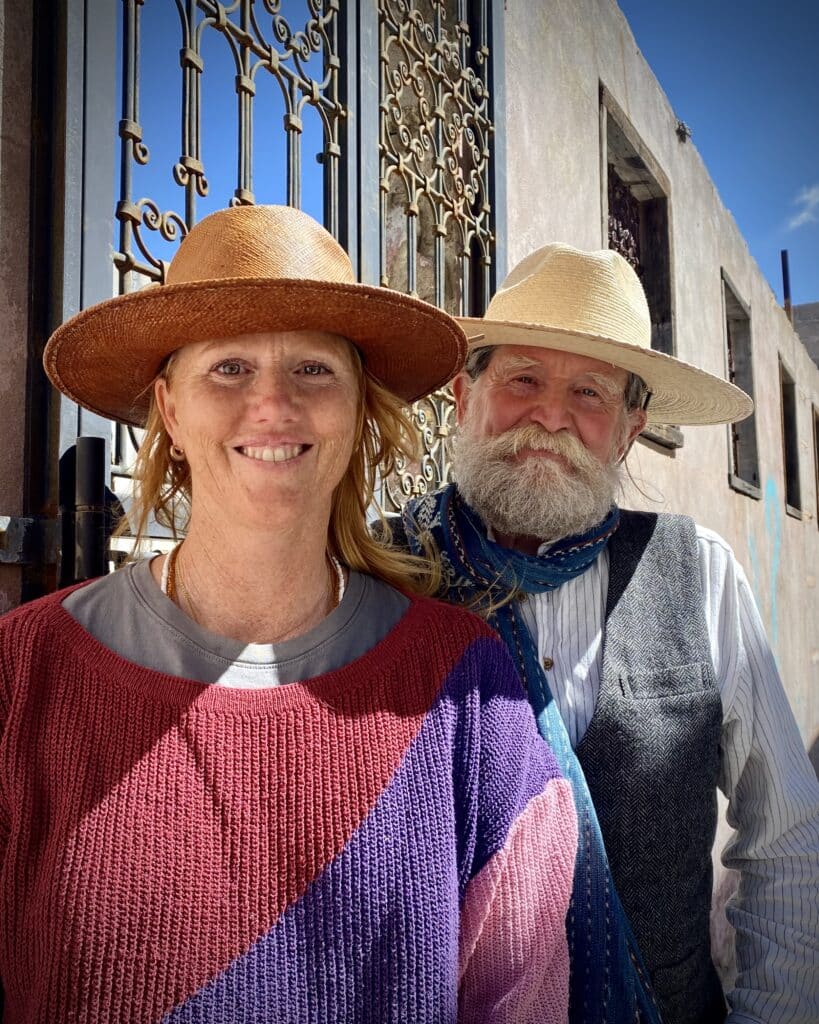
a memory that is often translated into clear, and consistent, and adamant reminders to us that people who look like me are – when we behave as such- guests in a place to which we do not belong. We are interlopers, intruders, and thieves when we don’t remember our outsider status, clumsy and, disoriented, like we don’t know how things are supposed to go. We are, no matter our passports or our beliefs in the matter, the grandchildren of forlorn cultural orphans who overstayed, who forgot to go home. And now we aren’t sure where home is, and we’re ignoring entirely the bill racked up by our squatting predecessors, incurred in our name, as we linger in another’s house, living off the avails of their tolerance and our truancy.
Our kids, and the spiritually adrift among us, are in their droves seeking out indigenous wisdom, indigenous elders, indigenous experience, for inner benefit, inner improvement, psychic legitimacy, redemption, forgiveness, belonging. It may be humiliating, it may be indicting, but it is mandatory that we recognize that there is no appreciable difference in approach or in consequence between this kind of spiritual plunder, arrayed as cultural eco-tourism or spiritual pilgrimage, and the work of resource exploitation carnivores, government wonks in ‘Native Affairs’ guiding pipelines through traditional territories, residential school functionaries, monotheistic inanimists, and missionaries. They are indistinguishable in mode of operation, in self-appointed purpose, in presumption of the right of access to whatever is there.
They all lead with personal and cultural poverty. The poverty is acute in the matter of hospitality and guest etiquette. The poverty prompts the spiritual equivalent of “failure to deliver the necessities of life,” to the living and to the dead, and it rises every time another generation turns away from culpable, compromised ancestry and towards preferred ancestry.
“I wish grounded meant what it means- to be less and less a stranger to the place you call home.”

We are children of strange times…
Our birthmarks are both troubled and troubling. We do not, most of us, belong. We inhabit, we own, instead. Being in the world but not of it: that was once a foundation of Western spirituality. It will end up being a stain by which we will be held in disrepute.
What I’m not doing with these stories is holding up undifferentiated ‘native culture’ as the specimen of cultural aplomb. There is no such thing, so far as I can tell, as ‘native culture’, no more than there’s such a thing as ‘African culture’ or ‘white culture’.
These terms are simply too broad to encapsulate the complexity of the people and their histories. In spite of hundreds of years of coordinated and happenstance ethnocide, there are native cultures, though. Not as many as there once were, almost certainly, but here in their scores nonetheless.
What I am doing is marveling in a grievous way over the demonstrable and, frankly, near-miraculous capacity of these cultures to adapt and somehow to nurse a living memory of a time before us… (continued below)
a memory that is often translated into clear, and consistent, and adamant reminders to us that people who look like me are – when we behave as such- guests in a place to which we do not belong. We are interlopers, intruders, and thieves when we don’t remember our outsider status, clumsy and, disoriented, like we don’t know how things are supposed to go. We are, no matter our passports or our beliefs in the matter, the grandchildren of forlorn cultural orphans who overstayed, who forgot to go home. And now we aren’t sure where home is, and we’re ignoring entirely the bill racked up by our squatting predecessors, incurred in our name, as we linger in another’s house, living off the avails of their tolerance and our truancy.
Our kids, and the spiritually adrift among us, are in their droves seeking out indigenous wisdom, indigenous elders, indigenous experience, for inner benefit, inner improvement, psychic legitimacy, redemption, forgiveness, belonging. It may be humiliating, it may be indicting, but it is mandatory that we recognize that there is no appreciable difference in approach or in consequence between this kind of spiritual plunder, arrayed as cultural eco-tourism or spiritual pilgrimage, and the work of resource exploitation carnivores, government wonks in ‘Native Affairs’ guiding pipelines through traditional territories, residential school functionaries, monotheistic inanimists, and missionaries. They are indistinguishable in mode of operation, in self-appointed purpose, in presumption of the right of access to whatever is there.
They all lead with personal and cultural poverty. The poverty is acute in the matter of hospitality and guest etiquette. The poverty prompts the spiritual equivalent of “failure to deliver the necessities of life,” to the living and to the dead, and it rises every time another generation turns away from culpable, compromised ancestry and towards preferred ancestry.

"Not belonging here is not the same
as shouldn’t be here."
Dear Ones,
Last summer, Stephen Jenkinson and I traveled together through Ireland, Wales, and England — a kind of ancestry trip.
My whole life people have told me that I look Irish. “You must be Irish.” My response was always, “yes, partially.” I knew that I was mostly Irish and Swedish on my dad’s side, a quarter English on my mom’s side and the rest a California mashup.
Then came 23andMe, or ancestry.com, and I got some more percentage specifics. Surprisingly I’m only 8% Swedish even though my grandfather was 100% Swedish, so probably accounted for by Viking migration patterns and genes.
It never occurred to me to be proud of these percentages…
The overt cultural inheritances were so few- corned beef on St. Patrick’s Day, Swedish pancakes, a Swedish children’s song. It never occurred to me to pursue any kind of deeper connection, either through research or visiting those communities in the US, or to make pilgrimages to those motherlands.
Thirty years ago, a freshman in college, I felt my responsibility as a citizen was to study the marginalized histories of people in the United States. Following on an excellent high school history education that included Eyes on the Prize, The People’s History, I went straight into African-American studies. I studied the African diaspora throughout the Americas, and immersed myself in Black Feminist Theory, as well as Social Policy. At the time, the education was strongly anti-essentialist.
There was definitely an ethos that “white people need to do this work with other white people.” That “work” to me meant educating “my” people about racial bias and privilege, about not letting racism go unquestioned, and to always work on behalf of people who had less than I had. I never heard this charge of working with other white people as a call inner or outer to deeply explore my own roots.
And even though my Irish and Swedish great grandparents who came here were poor and then became poor working class, the story of the American dream, of their children, my grandparents, making it through college, owning houses, and making it to early retirement- that story of resilience and national identity and bootstraps and World War II was a stronger one.
I’ve lived all over the world. I went searching for spirituality in Asia and then in Brazil. Decades ago, you could hear me saying “I feel at home wherever I go.” I cared about my impact on the places I went, but I took care of that by learning the languages and imagining that I was more of a traveler than a tourist. I often felt that I could express the stirrings of my heart and my spiritual leanings in Sanskrit or Portuguese.
I heard Stephen mention that one of the best ways to make yourself known to your ancestors is to speak a language they can understand. I was arrested. I asked myself, “what language would that be?” I asked myself: “Do you have to be drawn to something to really learn it?” Because I had learned Sanskrit and Portuguese relatively easily based on how familiar it seemed and how badly I wanted to communicate with the people where I was. At that time, I didn’t even know there was such thing as an Irish language to learn.
When Stephen said “wouldn’t it be a thing to be together in Ireland?” I said “yes!”
But I didn’t feel excited about going to Ireland, I felt daunted, without knowing exactly why. There seemed to be long, dark shadows there.
I did harbor a hope that I would be recognized and claimed, that the red hair that had non-Irish people constantly asking if I was Irish would be a signal or a beacon, that the Irish themselves would say “you look like my sister.” “You must be from here,” or maybe “welcome home?”
It was a joke among our traveling band that I wanted to be mistaken to be from there. I guess it’s understandable as a person who has never remotely blended in anywhere I have traveled. I wanted to feel surrounded as a majority.
In Ireland, our small traveling band searched out stone circles, Sheila-na-gigs, and wells. We found some of those and stone walls and famine houses.
Stephen has said that the dying people he counseled were mostly filled with unspooling dread that they would be forgotten. So as a living person it’s our responsibility to claim the dead and remember them.
He says there’s no such thing as the ancestors; there are only my ancestors or your ancestors.
So I did go to a land where some of my people came from, and I did ask questions about their names and speak them aloud, but I still don’t have ritual practice to connect to them.
I live in the suburbs and work on screens.
I have the fantasy of the times- a farm community where more of my life is with people, hands in the dirt, family meals, in nature, with intergenerational family care.
Twenty five years ago, Stephen moved out of the big city to a farm. I’m on one side of the hill and he is on the other.
The Orphan Wisdom school has been called a study of the “unauthorized history of North America.”
This work hasn’t been elaborated as much publicly as Stephen’s work on death and elderhood, although it’s foundational to what he has been teaching and practicing for the last twenty three years.
We come together again- this time to contemplate this hill, to consider our relationship to dirt, to place, to ancestry and to culture. And to make culture in doing so.
Have Courage!
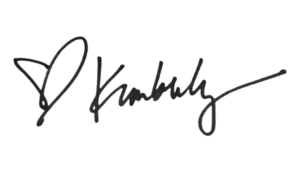
"Not belonging
here is not the same as
shouldn’t be here."
Dear Ones,
Last summer, Stephen Jenkinson and I traveled together through Ireland, Wales, and England — a kind of ancestry trip.
My whole life people have told me that I look Irish. “You must be Irish.” My response was always, “yes, partially.” I knew that I was mostly Irish and Swedish on my dad’s side, a quarter English on my mom’s side and the rest a California mashup.
Then came 23andMe, or ancestry.com, and I got some more percentage specifics. Surprisingly I’m only 8% Swedish even though my grandfather was 100% Swedish, so probably accounted for by Viking migration patterns and genes.
It never occurred to me to be proud of these percentages…
The overt cultural inheritances were so few- corned beef on St. Patrick’s Day, Swedish pancakes, a Swedish children’s song. It never occurred to me to pursue any kind of deeper connection, either through research or visiting those communities in the US, or to make pilgrimages to those motherlands.
Thirty years ago, a freshman in college, I felt my responsibility as a citizen was to study the marginalized histories of people in the United States. Following on an excellent high school history education that included Eyes on the Prize, The People’s History, I went straight into African-American studies. I studied the African diaspora throughout the Americas, and immersed myself in Black Feminist Theory, as well as Social Policy. At the time, the education was strongly anti-essentialist.
There was definitely an ethos that “white people need to do this work with other white people.” That “work” to me meant educating “my” people about racial bias and privilege, about not letting racism go unquestioned, and to always work on behalf of people who had less than I had. I never heard this charge of working with other white people as a call inner or outer to deeply explore my own roots.
And even though my Irish and Swedish great grandparents who came here were poor and then became poor working class, the story of the American dream, of their children, my grandparents, making it through college, owning houses, and making it to early retirement- that story of resilience and national identity and bootstraps and World War II was a stronger one.
I’ve lived all over the world. I went searching for spirituality in Asia and then in Brazil. Decades ago, you could hear me saying “I feel at home wherever I go.” I cared about my impact on the places I went, but I took care of that by learning the languages and imagining that I was more of a traveler than a tourist. I often felt that I could express the stirrings of my heart and my spiritual leanings in Sanskrit or Portuguese.
I heard Stephen mention that one of the best ways to make yourself known to your ancestors is to speak a language they can understand. I was arrested. I asked myself, “what language would that be?” I asked myself: “Do you have to be drawn to something to really learn it?” Because I had learned Sanskrit and Portuguese relatively easily based on how familiar it seemed and how badly I wanted to communicate with the people where I was. At that time, I didn’t even know there was such thing as an Irish language to learn.
When Stephen said “wouldn’t it be a thing to be together in Ireland?” I said “yes!”
But I didn’t feel excited about going to Ireland, I felt daunted, without knowing exactly why. There seemed to be long, dark shadows there.
I did harbor a hope that I would be recognized and claimed, that the red hair that had non-Irish people constantly asking if I was Irish would be a signal or a beacon, that the Irish themselves would say “you look like my sister.” “You must be from here,” or maybe “welcome home?”
It was a joke among our traveling band that I wanted to be mistaken to be from there. I guess it’s understandable as a person who has never remotely blended in anywhere I have traveled. I wanted to feel surrounded as a majority.
In Ireland, our small traveling band searched out stone circles, Sheila-na-gigs, and wells. We found some of those and stone walls and famine houses.
Stephen has said that the dying people he counseled were mostly filled with unspooling dread that they would be forgotten. So as a living person it’s our responsibility to claim the dead and remember them.
He says there’s no such thing as the ancestors; there are only my ancestors or your ancestors.
So I did go to a land where some of my people came from, and I did ask questions about their names and speak them aloud, but I still don’t have ritual practice to connect to them.
I live in the suburbs and work on screens.
I have the fantasy of the times- a farm community where more of my life is with people, hands in the dirt, family meals, in nature, with intergenerational family care.
Twenty five years ago, Stephen moved out of the big city to a farm. I’m on one side of the hill and he is on the other.
The Orphan Wisdom school has been called a study of the “unauthorized history of North America.”
This work hasn’t been elaborated as much publicly as Stephen’s work on death and elderhood, although it’s foundational to what he has been teaching and practicing for the last twenty three years.
We come together again- this time to contemplate this hill, to consider our relationship to dirt, to place, to ancestry and to culture. And to make culture in doing so.
Have Courage,

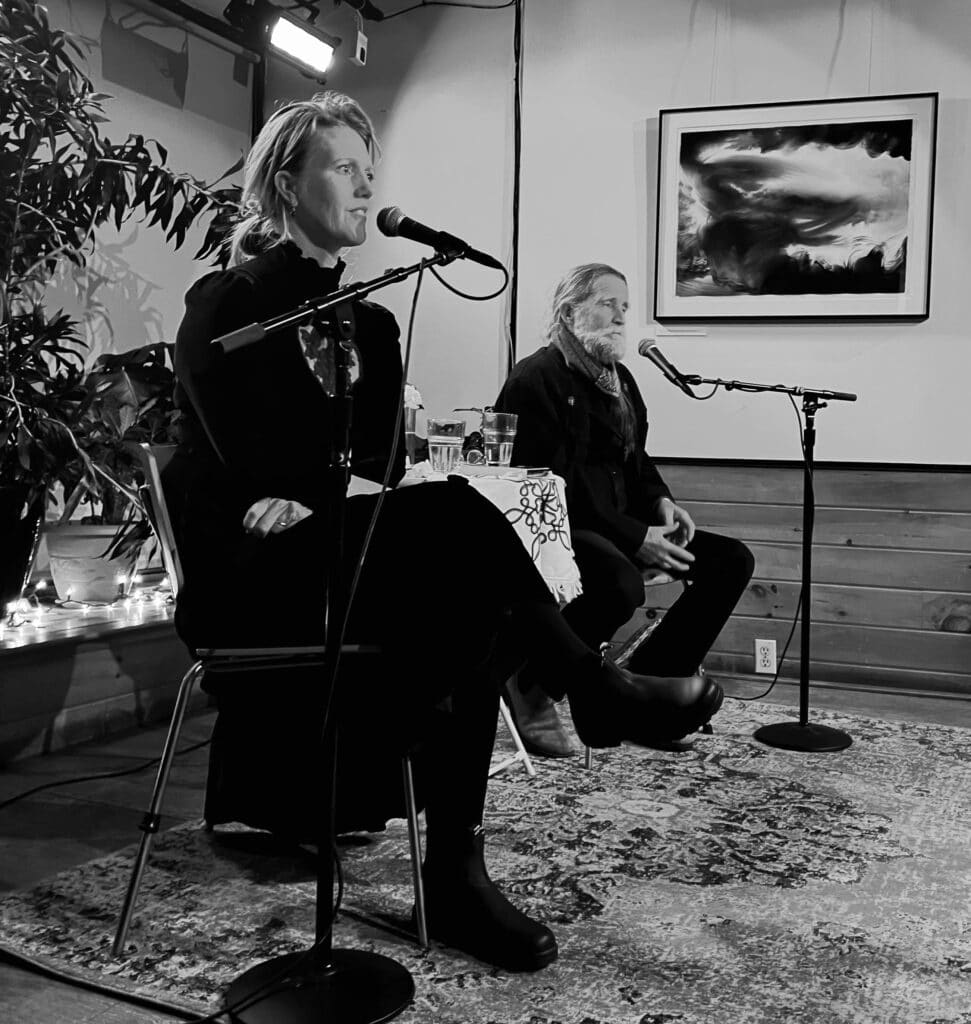
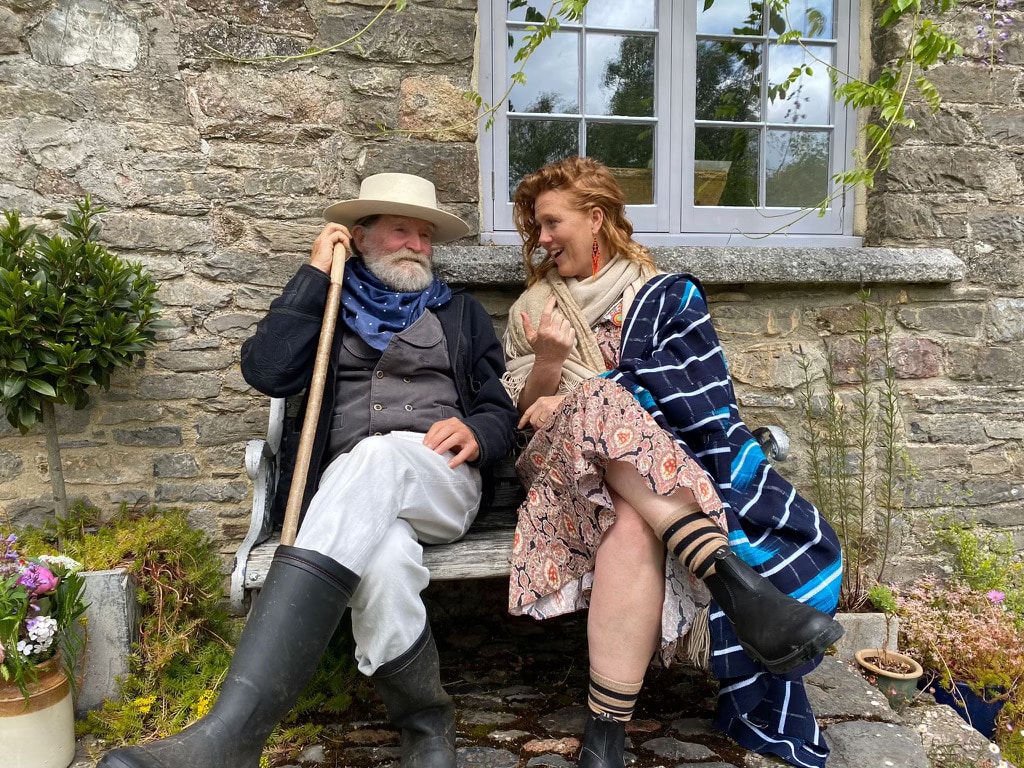

What others are saying...
“I love the exchange between you two- raw and open and alive in the moment. It brings me to back hanging with my grandparents and their friends years ago. Hearing truth.”
“Your book Reckoning sizzles in my hands every time I pick up. I can literally only read a few lines at a time. I can frequently be heard saying “Holy Shit” as I pound my feminine hand on the table after some of the doozies you lay down.” – Jessica Jenns
“Punk rock for the somatic conversations people are afraid to have.” – Reckoning Attendee, PA
“Your conversations have brought to the fore my hunger for such interactions and sent me out into the world determined to make them or find them, at the very least, notice and welcome them when they show up.” – Judith
“I had never been to anything like this event with two energies dancing with each other between two people in a space of conversation. I felt both a part of it and witness. The difference and the oneness.” – J, North Carolina
I feel so lucky to be on the receiving end of literally anything Stephen says, as I find him to be incredibly wise and prophetic, and I find your perspectives incredibly relieving and validating.” – Anya Kaats
What others are saying...
“I love the exchange between you two- raw and open and alive in the moment. It brings me to back hanging with my grandparents and their friends years ago. Hearing truth.”
“Your book Reckoning sizzles in my hands every time I pick up. I can literally only read a few lines at a time. I can frequently be heard saying “Holy Shit” as I pound my feminine hand on the table after some of the doozies you lay down.” – Jessica Jenns
“Punk rock for the somatic conversations people are afraid to have.” – Reckoning Attendee, PA
“Your conversations have brought to the fore my hunger for such interactions and sent me out into the world determined to make them or find them, at the very least, notice and welcome them when they show up.” – Judith
“I had never been to anything like this event with two energies dancing with each other between two people in a space of conversation. I felt both a part of it and witness. The difference and the oneness.” – J, North Carolina
I feel so lucky to be on the receiving end of literally anything Stephen says, as I find him to be incredibly wise and prophetic, and I find your perspectives incredibly relieving and validating.” – Anya Kaats



The Details
Format
5 x 90-120 Minute
Recorded (originally with a Live Studio Audience) Audio Sessions
Instant Access
Go at Your Own Pace
What's Included:
-
5-part audio series with Stephen & Kimberly (originally recorded with a Live Studio Audience)
-
First glance of pages from Stephen’s forthcoming book Never Land: Agriculture, Culture & Striving for Belonging
-
Opportunity to submit your questions
-
Access to online Facebook discussion group to connect with others from around the world who have listened to Never Land / Sever Land
Investment
Regular Price
$297
$297
TIL SUNDAY, NOVEMBER 23RD AT MIDNIGHT PT
You may also choose to receive this series as a part of a discounted 3-course collection that also includes Birth & Death Among Us and Forgotten Pillars.
FAQs:
Audio recording are available to listen to at any time via the Course Portal.
Please direct all course related questions to admin@kimberlyannjohnson.com
This course is hosted on Thinkific. You will have access to the course portal for as long as we use the platform.
This is a non-refundable purchase.
The Details
Format
5 x 90-120 Minute
Recorded (originally with a Live Studio Audience) Audio Sessions
What's Included:
-
5-part audio series with Stephen & Kimberly (originally recorded with a Live Studio Audience)
-
First glance of pages from Stephen’s forthcoming book NeverLand: Agriculture, Culture & Striving for Belonging
-
Opportunity to submit your questions
-
Access to online Facebook discussion group to connect with others from around the world who have listened to Never Land / Sever Land
Investment
$297
ON SALE TIL SUNDAY, NOVEMBER 23RD AT MIDNIGHT PACIFIC
You may also choose to receive this series as a part of a discounted 3-course collection that includes Birth & Death Among Us and Forgotten Pillars.
FAQs:
Audio recording are available to listen to at any time via the Course Portal.
Please direct all course related questions to admin@kimberlyannjohnson.com
This course is hosted on Thinkific. You will have access to the course portal for as long as we use the platform.
This is a non-refundable purchase.
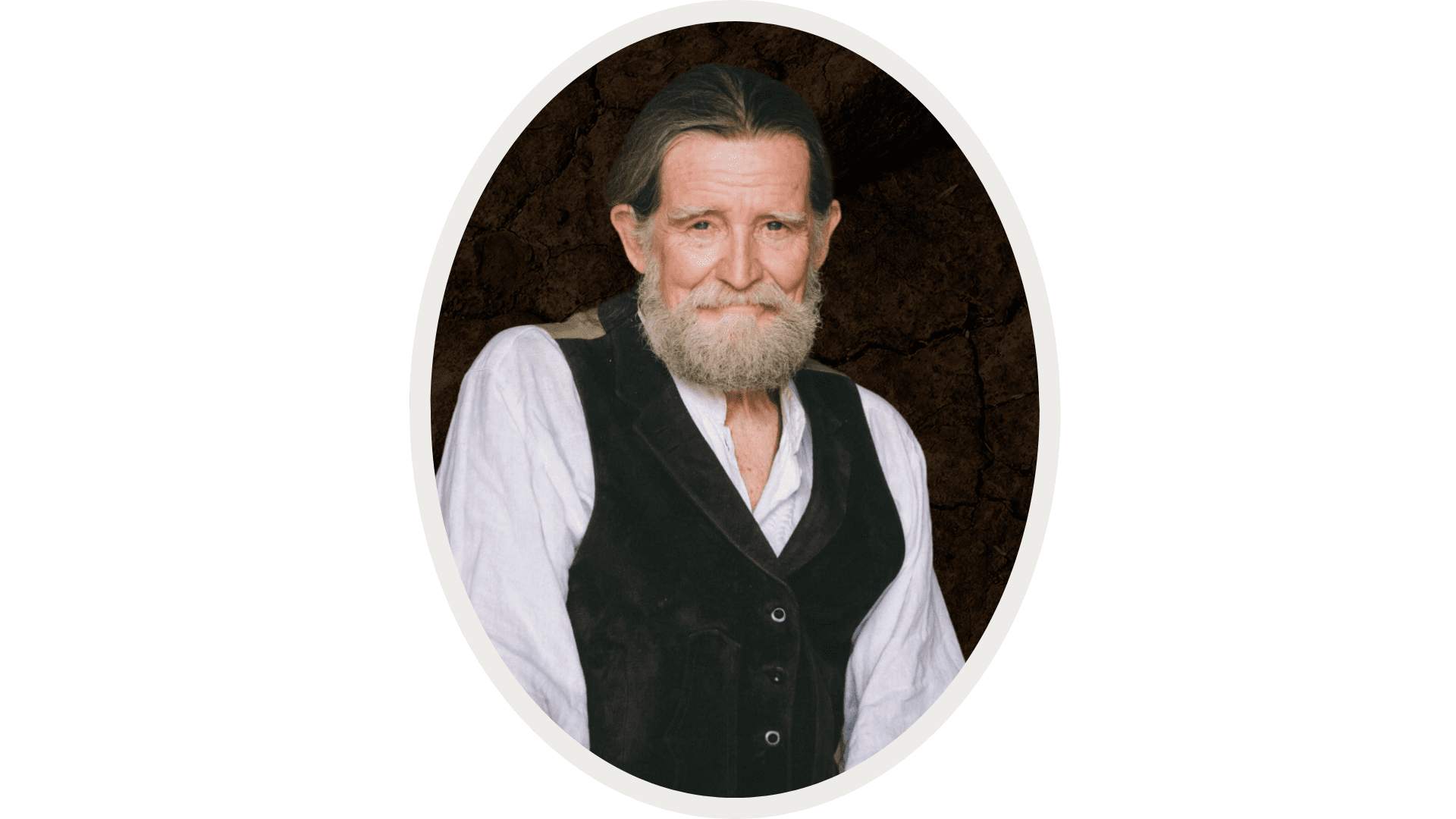
About Stephen Jenkinson:
Stephen is a worker, author, storyteller, culture activist, and co-founder of the Orphan Wisdom School with his wife Nathalie Roy. The school is a teaching house for skills of deep living and making human culture that are mandatory in endangered, endangering times. He makes books, tends farm and mends broken handles and fences, succumbs to interviews, teaches and performs internationally.
He has Master’s degrees from Harvard University (Theology) and the University of Toronto (Social Work).
Apprenticed to a master storyteller when a young man, he has worked extensively with dying people and their families, is former program director in a major Canadian hospital, former assistant professor in a prominent Canadian medical school.
Stephen Jenkinson is the author of Matrimony: Ritual, Culture, and the Heart’s Work (August 2025), Reckoning (2022, co-authored with Kimberly Ann Johnson), A Generation’s Worth: Spirit Work While the Crisis Reigns (2021), Come of Age: The Case for Elderhood in a Time of Trouble (2018), the award-winning Die Wise: A Manifesto for Sanity and Soul (2015), Homecoming: The Haiku Sessions (a live teaching, 2013), How it All Could Be: A workbook for dying people and those who love them (2009), Angel and Executioner: Grief and the Love of Life – (live teaching, 2009), and Money and The Soul’s Desires: A Meditation (2002).
He is also the subject of the feature length documentary film Griefwalker, a portrait of his work with dying people, and Lost Nation Road, a shorter documentary on the crafting of the Nights of Grief and Mystery tours.
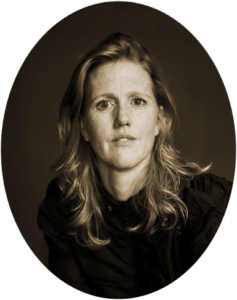
About Kimberly Ann Johnson:
Kimberly Johnson is an author, postpartum care activist, trauma educator, structural bodyworker and single mother. She graduated Valedictorian from Northwestern University with a BS in Social Policy (‘97).
She studied yoga directly with the three main lineage holders of the Krishnamacharya tradition—Desikachar, BKS Iyengar, and Pattabhi Jois—and taught yoga full time for 15 years, while running a Structural Integration practice.
When radically rearranged by childbirth, Kimberly’s life changed shape to attend to the cultural chasm of postpartum care, and as a result she trained in Somatic Experiencing and Sexological Bodywork to help women heal from birth injuries, gynecological surgeries, and sexual boundary violations.
She is the author of Call of the Wild: How We Heal Trauma, Awaken Our Own Power and Use it for Good (HarperWave, 2021), The Fourth Trimester: A Postpartum Guide to Healing Your Body, Balancing Your Emotions and Restoring Your Vitality (Shambhala, 2017, translated into 8 languages), and the forthcoming Erotic Seasons (Sounds True, 2026).
She is also the host of the Sex Birth Trauma podcast, with over 1.4 million downloads.

